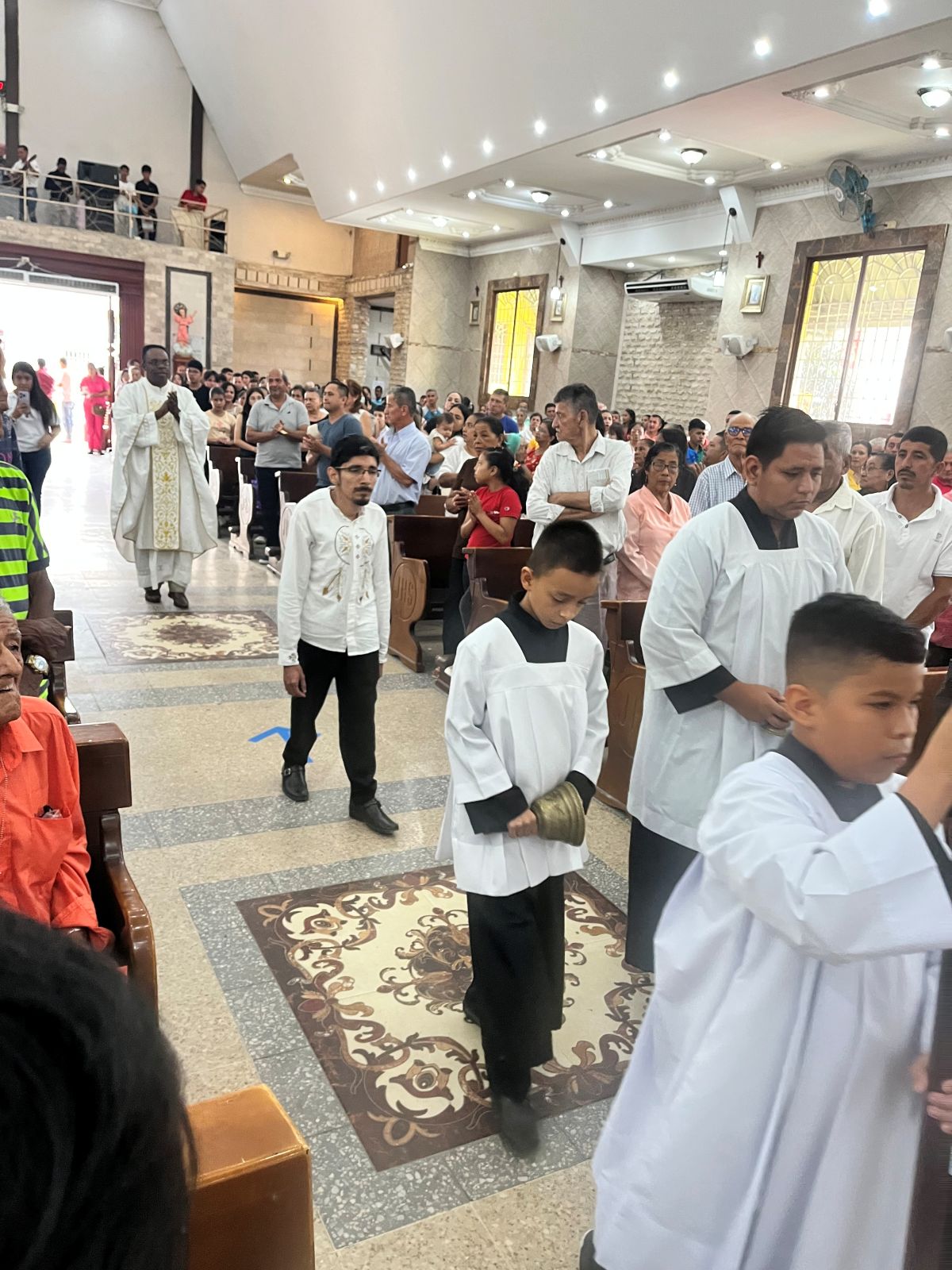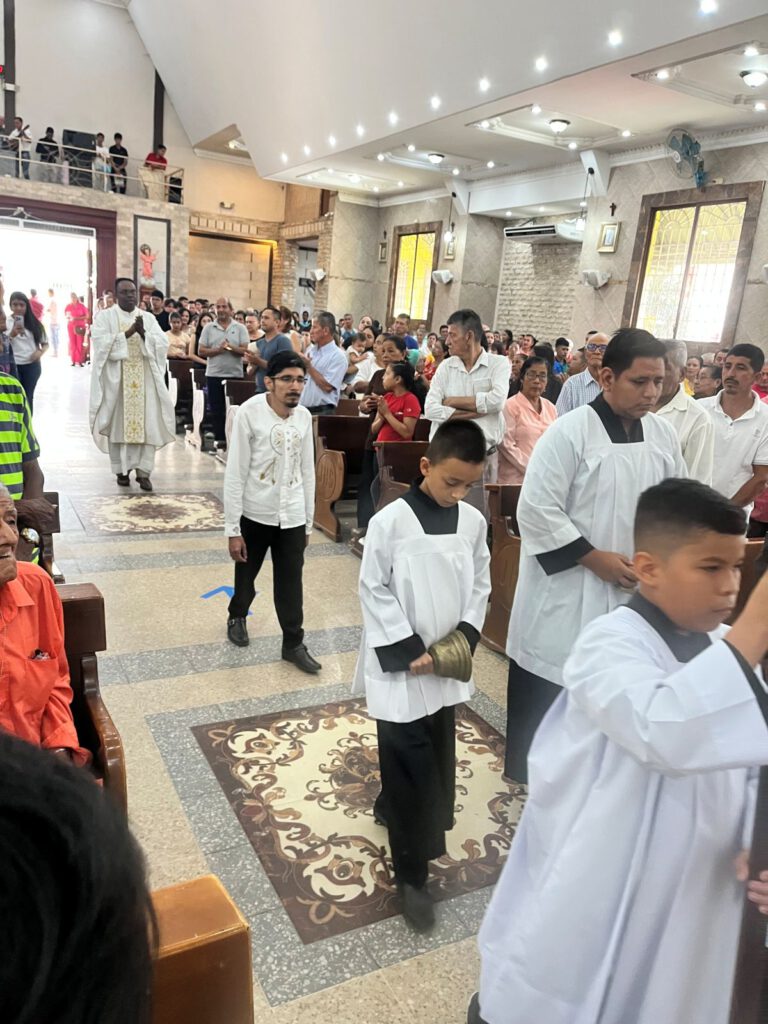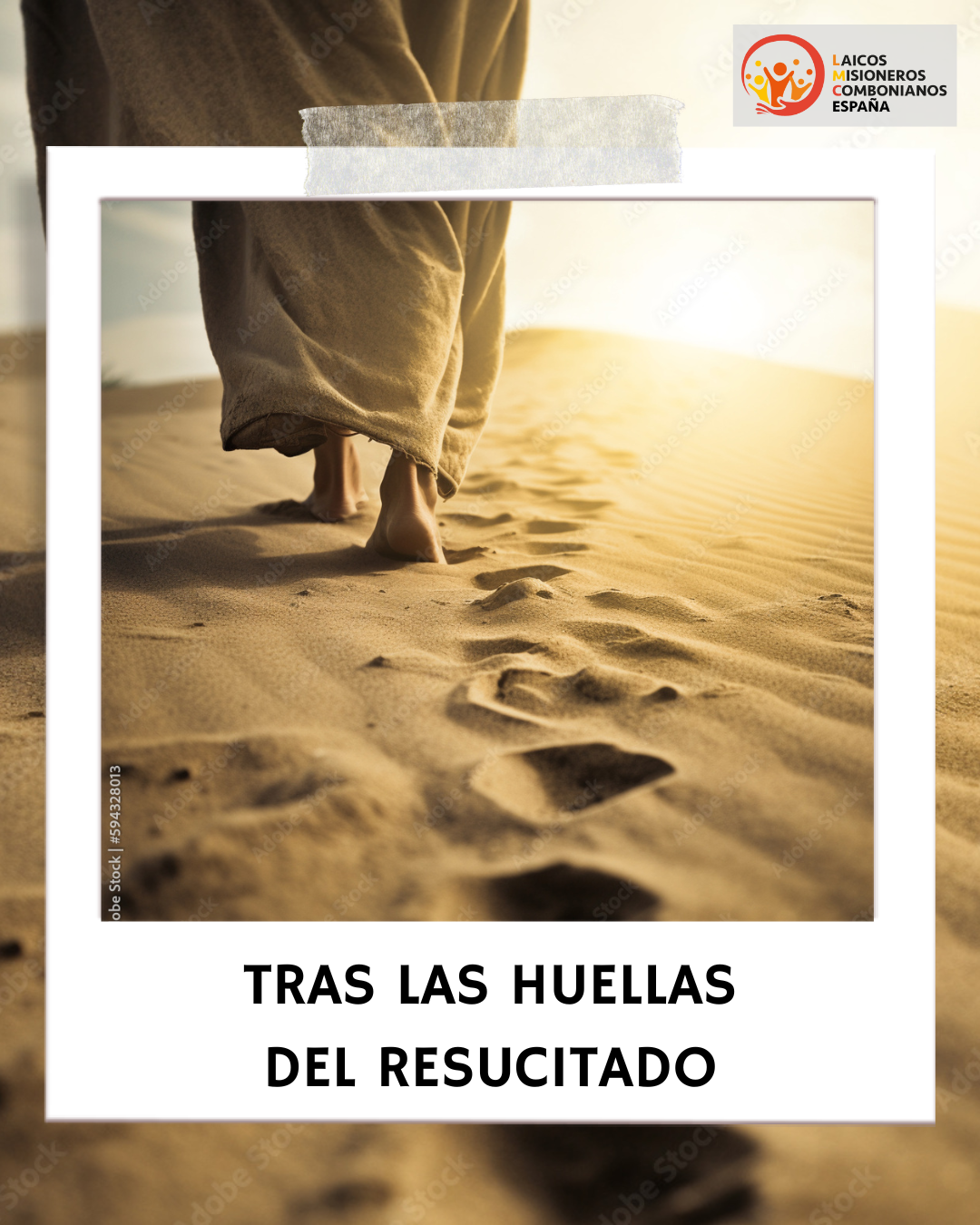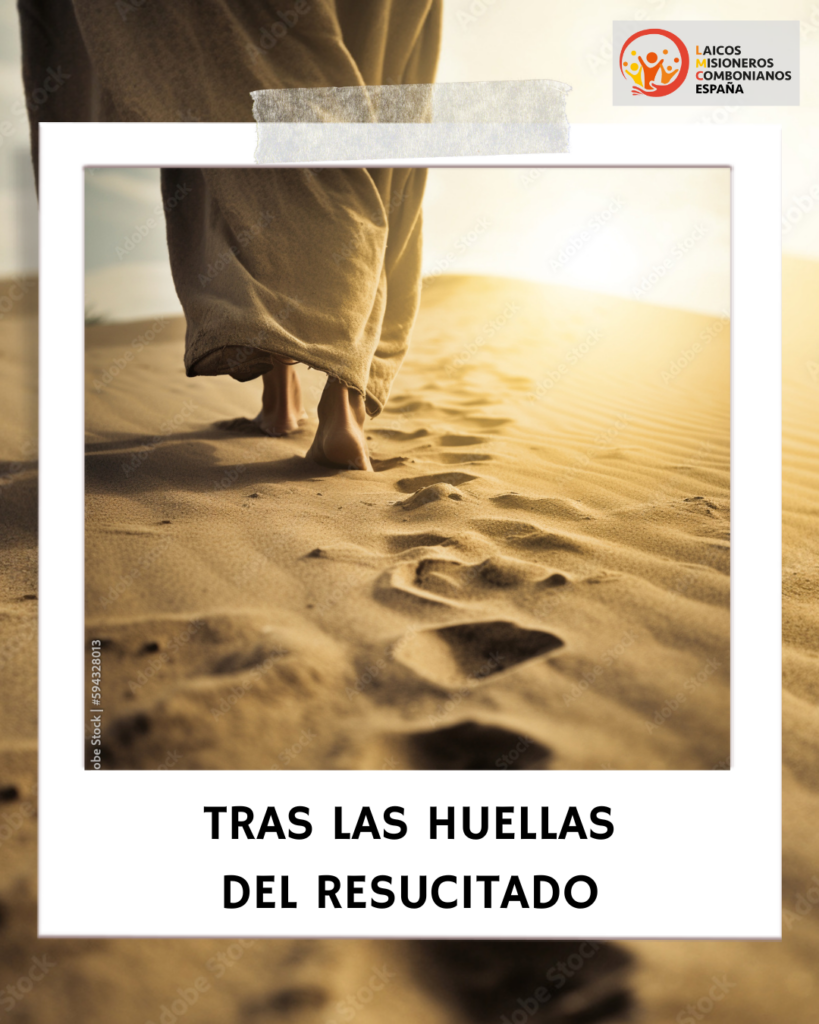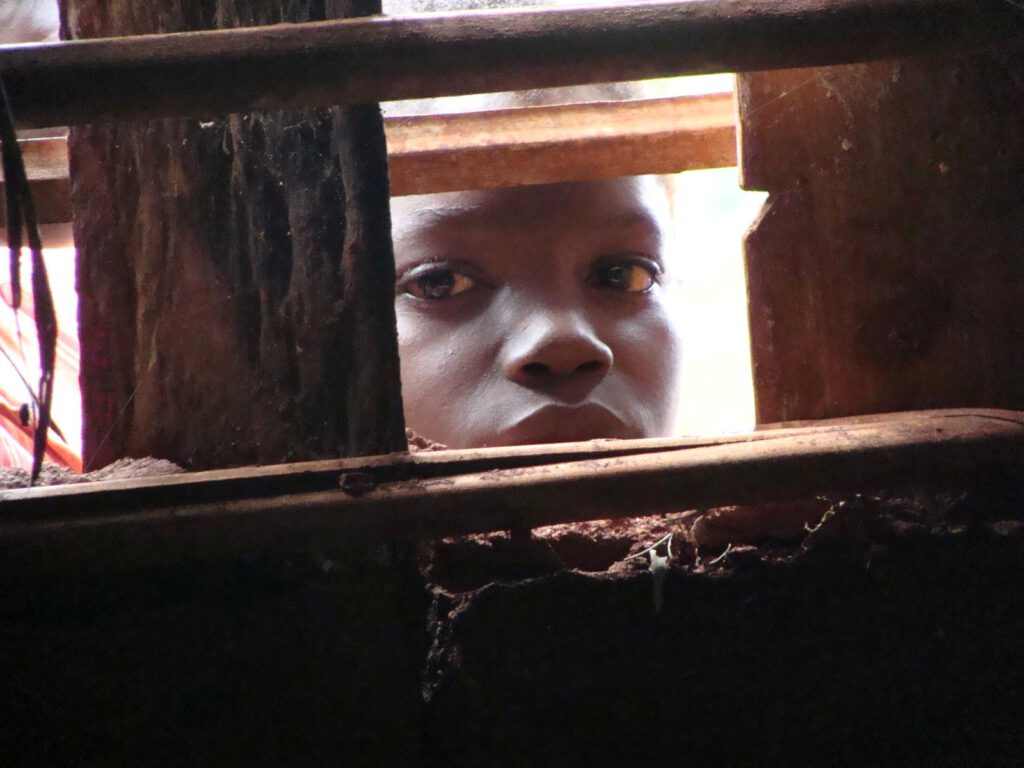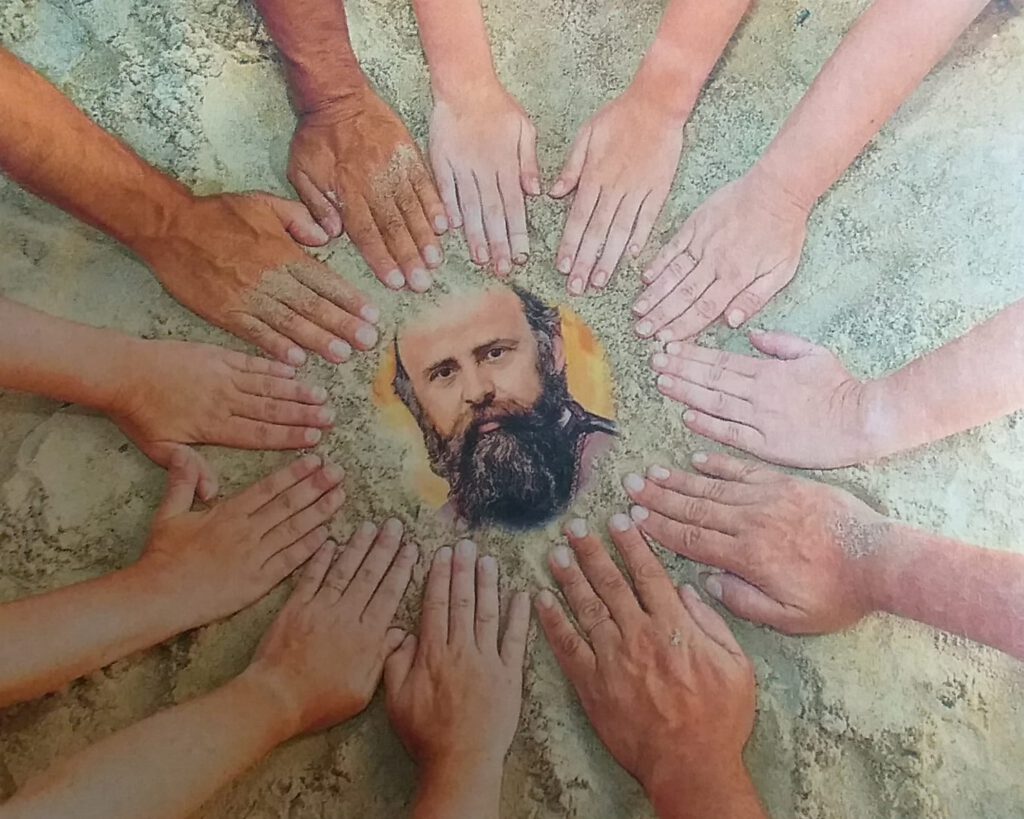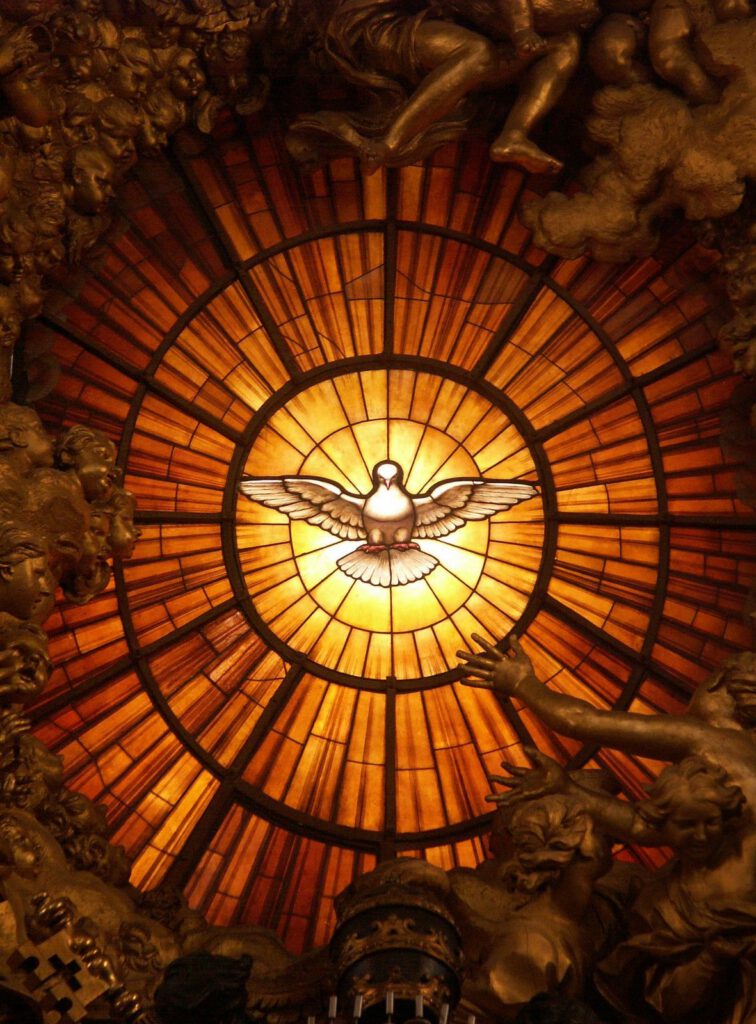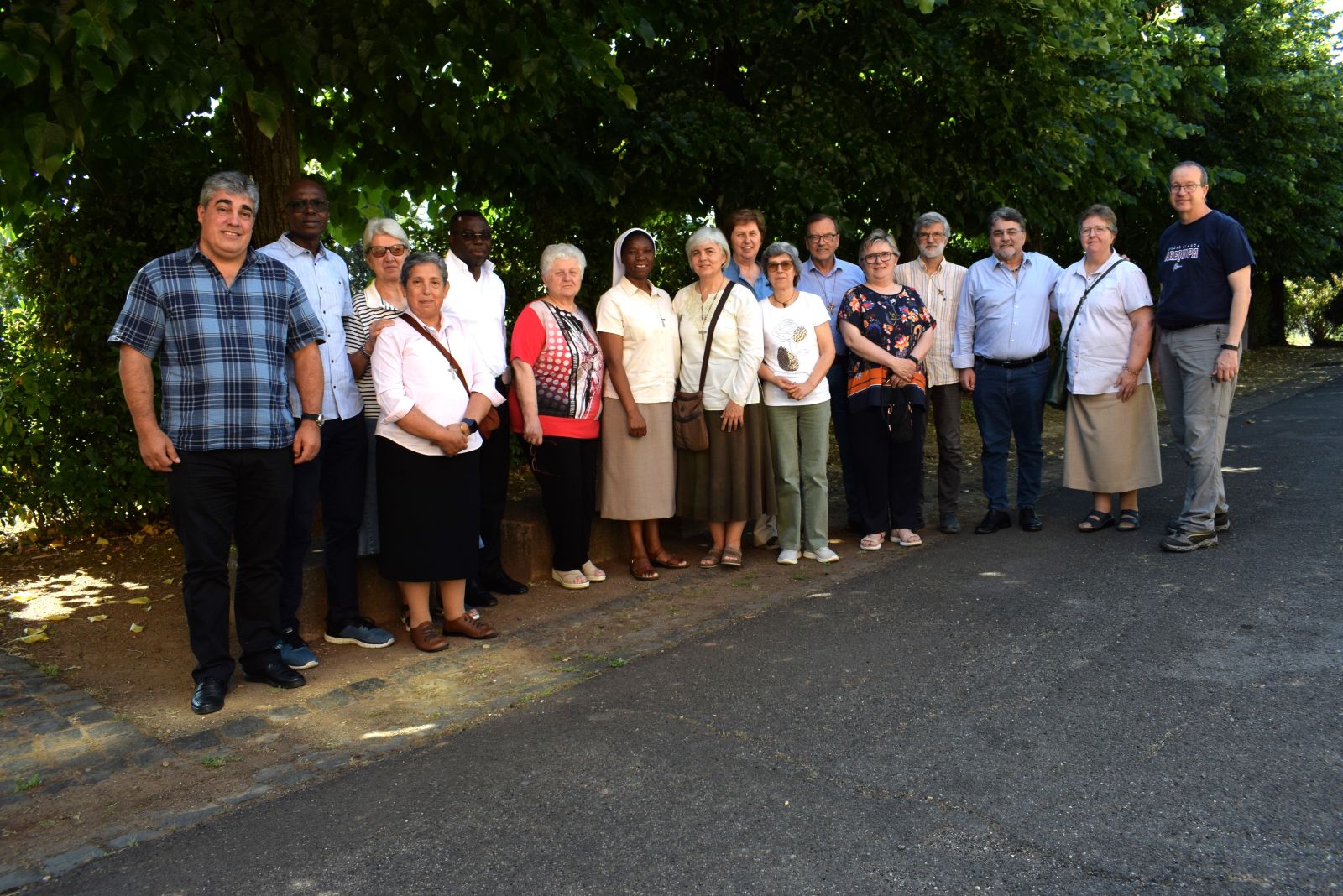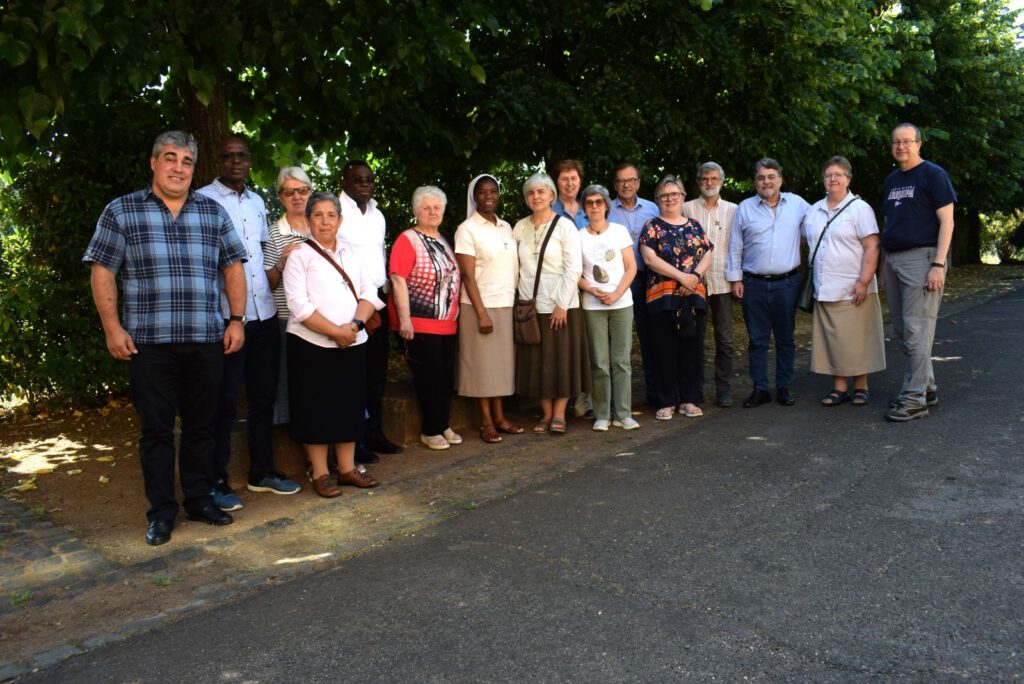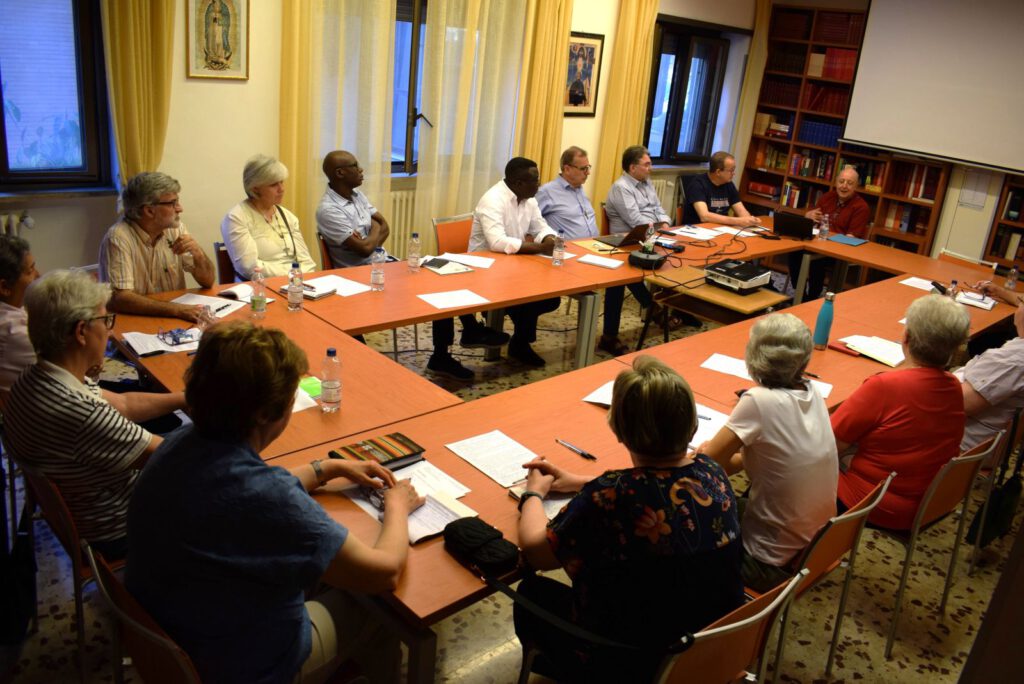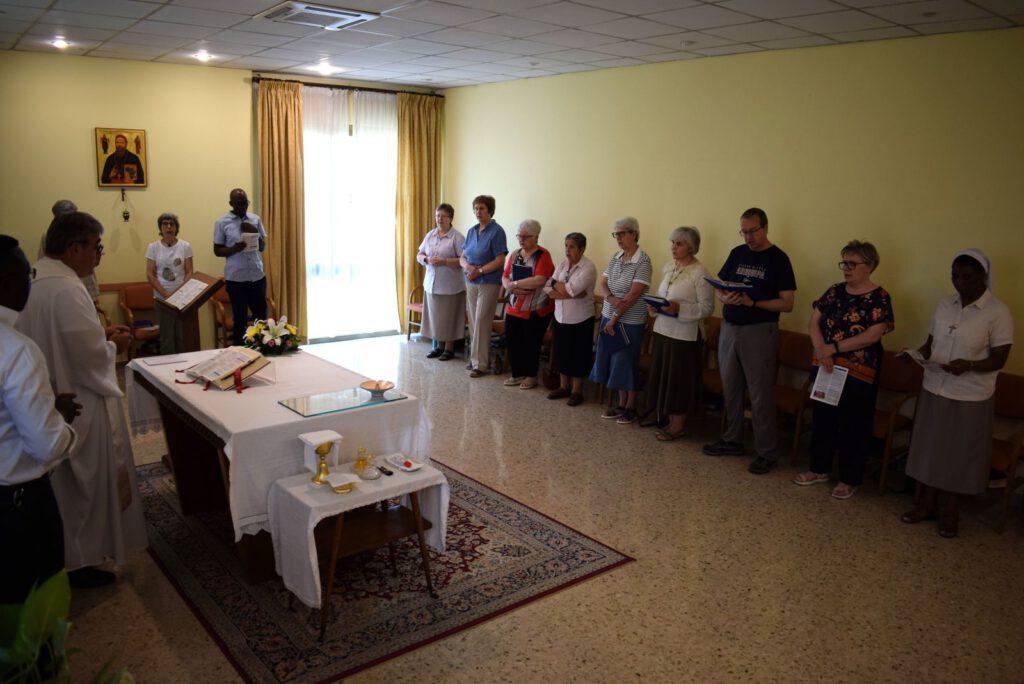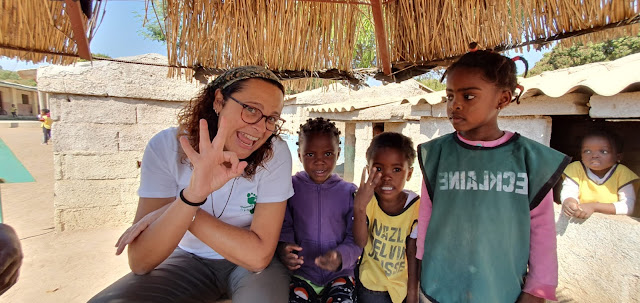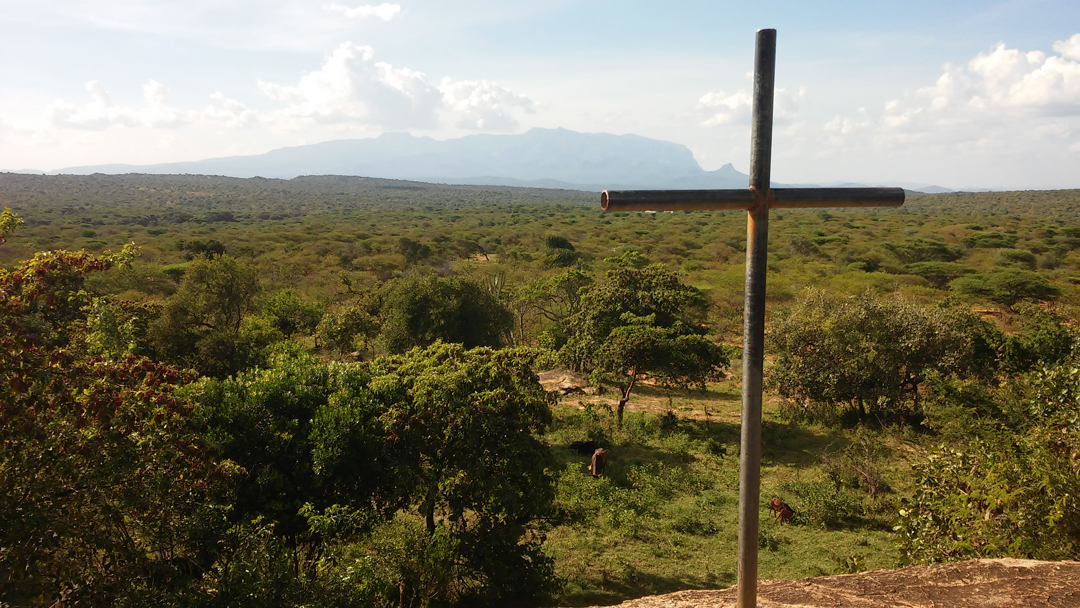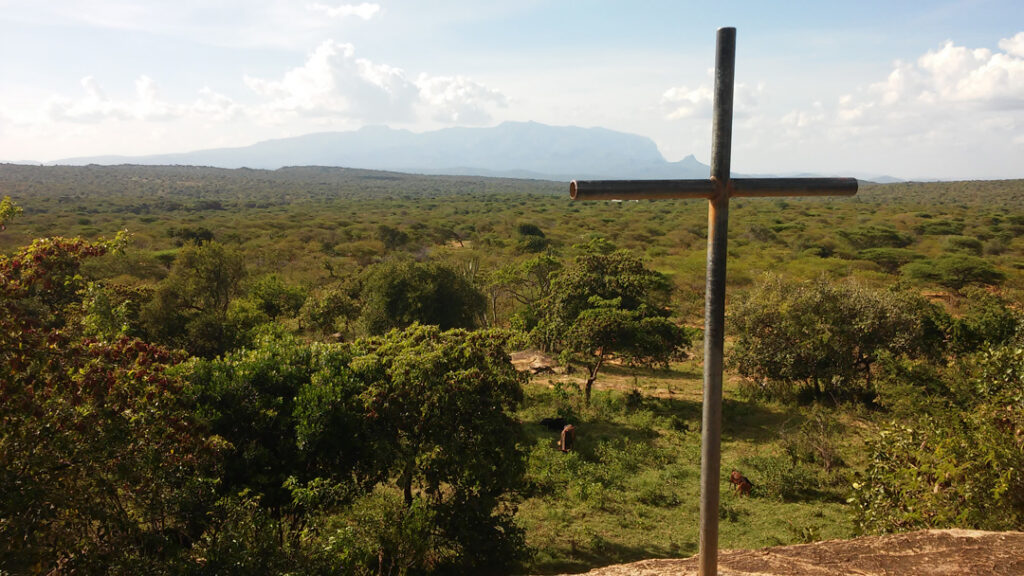In mid-2021, together with Fr. Joseph Ng’ang’a from Kenya, who was our Comboni chaplain, we invited people known within the mission and others who shared our charism to continue their formation and become part of our lay community.
Thus, after completing the formation and accompaniment, our aspirant Carlos Enrique Zamora Medina was accepted as a Comboni Lay Missionary on Sunday, June 1, 2025.
During the days leading up to the ceremony, there was an atmosphere of nervousness and tension due to the organization and development of the program to be carried out, which fortunately received the support and collaboration of several people who did their part to ensure that everything went according to plan.
The Mass was held at 10:00 a.m., together with the community of the Parish of “Our Lady of Fatima” in El Empalme, Province of Guayas. In addition to Carlos Zamora’s family and guests, those present at this celebration were attentive to every moment of the Mass celebrated by Fr. Seraphin Kakwata, our current Comboni advisor, who kept everyone very attentive at the moment of signing the commitment as a Comboni Lay Missionary. It was a very special moment, which was also shared with the lay missionaries who collaborate in the Pastoral Integration that is taking place at the Divine Word Missionaries in Guayaquil.
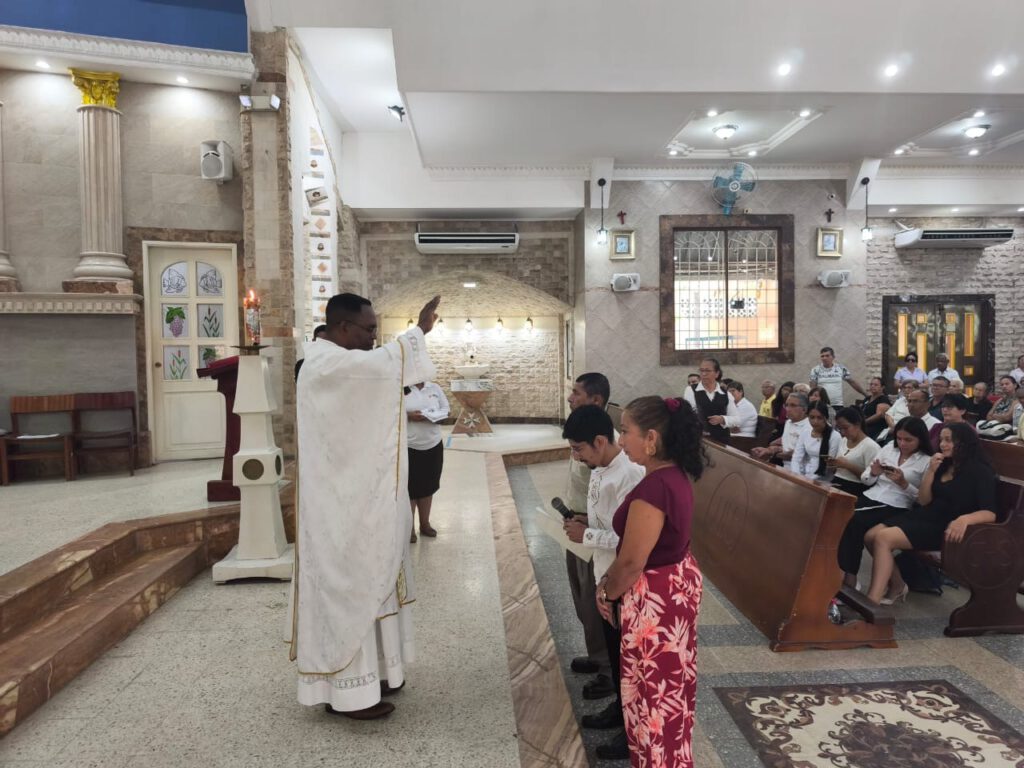
Later, in a sharing meeting, Carlos Zamora said that he had faced many obstacles in his life due to health reasons, which he had been able to overcome through the efforts and prayers of his mother. Despite this situation, he always showed a desire to be a missionary and do something for the Church and for God. He made the phrase “Life is giving time” his guiding light to discover God’s timing, resuming his sacramental formation and his high school, university, and pastoral studies, which he had put on hold.
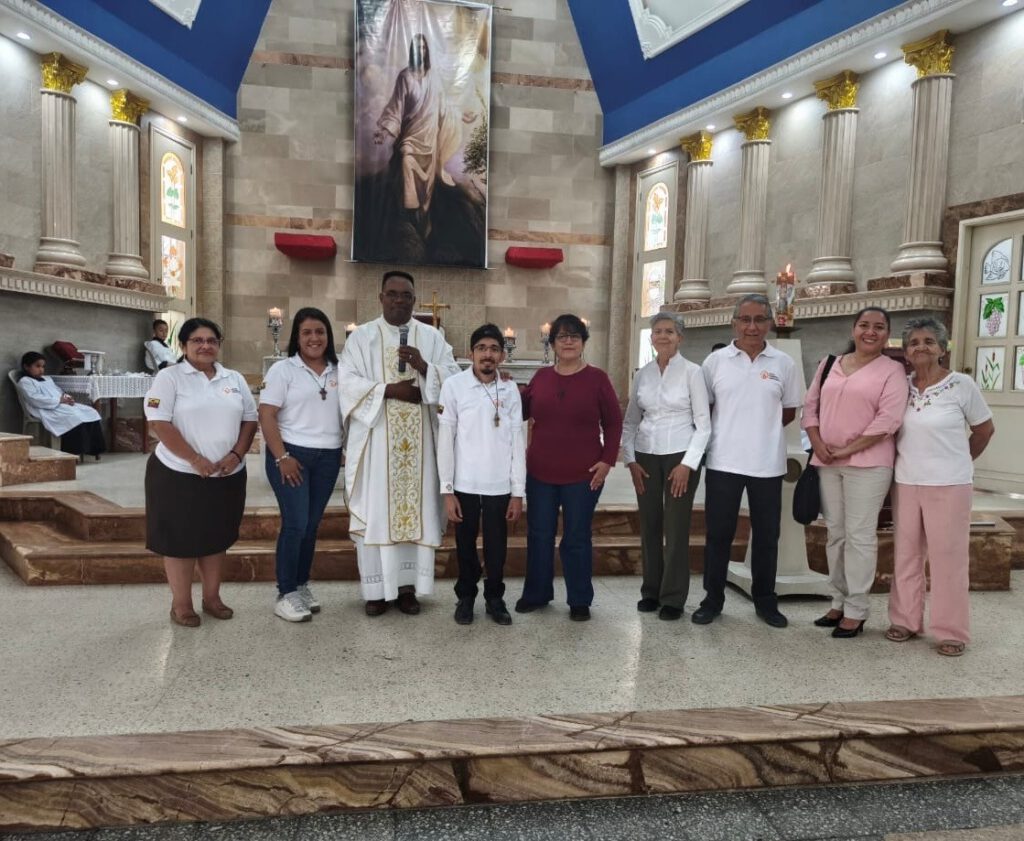
Despite everything, he said that he was still not sure what the future held for him, but that this process had been a blessing from God for him and, above all, a good decision to follow Jesus’ call to his pastoral and lay life, and that together with his community he had been able to consolidate this desire for the Comboni mission.
With this important moment for our lay missionary community, we feel very happy and encouraged to follow the charism of our Founder, supported by one of his phrases, “Providence guided my mind and my heart,” and to continue trusting that these moments are from God and that he will help us to consolidate our community. (PHOTOS 6,7)
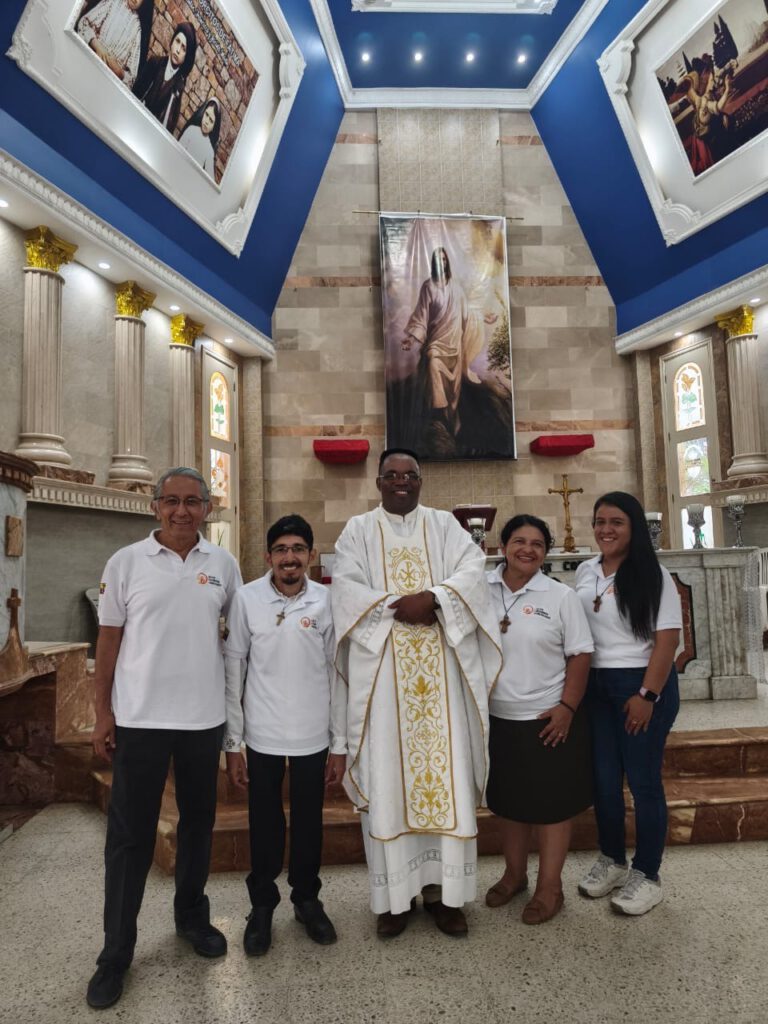
Greetings in Christ.
Abg. Susana Ortega Delgado, CLM




